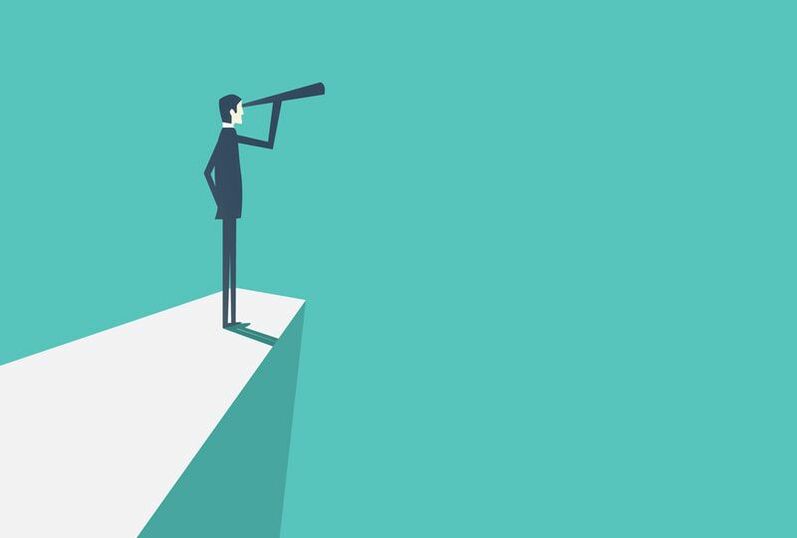Six Secrets Revealed on How to Land Your Next Gig
We have all heard time and time again specifics do’s and don’ts for a job interview. Do be polite and talk to the receptionist. Don’t slouch. Do mimic the interviewers body language. Don’t text or take calls during your interview. Do ask questions. These pieces of advice are incredibly useful to anyone, but what about the lesser known details that truly affect your chances of getting the job.
We’ve revealed six seemingly minor details that could change the future of your career path and whether you land your next job interview.
Drum roll please…Here are the things you should never overlook when interviewing (and that are in your complete and utter control).
- The time you schedule your interview Have you ever considered the time of day that you schedule your interview with a hiring manager? The timing of an interview could actually make or break your interview. Here’s an example: Let’s say your competitor schedules his interview on a Tuesday at 10:30 am. The interviewer is ready for him, has checked his email, attended to any issues from the previous day, and is fully engaged in what your competitor has to say. On the flip side, you schedule your interview before, during or after lunch. What is the outcome? You guessed right. Your interviewer could be a) hungry and anticipating lunch, b) hungry and anticipating lunch, or c) in a full food-coma post lunch or worse yet, late to get back from lunch, making you late too. Take it a step further, let’s say you schedule your interview late in the day. Again, it is possible that your interviewer is “out to lunch” (figuratively) as he is anticipating his evening engagements and needs to rush off, therefore not giving you his/her full attention. <insert mind blown emoticon here> So you ask, why hasn’t anyone shared this sage advice before? We don’t know (because we felt the same way when it was shared with us), but from now on, if possible, schedule your interviews at 10:30 am on Tuesday morning or any other day for that matter. Tuesdays and Wednesdays are ideal.
- The time that you arrive for your interview It seems advantageous to arrive to your interview early and you should get there 5-10 minutes before the start of any interview, but if you are arriving 30 minutes early, reconsider. Imagine yourself on the other side of the interview. If the receptionist notifies him/her that you are 30 minutes early, it automatically makes him feel anxious and pressured to take you back early. Knowing someone is sitting out in the lobby and waiting is an uncomfortable feeling. In the future, if you arrive early, review your notes in your car. Take a quick power walk in the parking lot to get your blood flowing, or stop in the bathroom and freshen up.
- What color you wear Do you remember your very first job interview? Did you wear a navy-blue suit to it? Believe it or not, color choice still affects your interview and a CareerBuilder survey shows that conservative colors still make the best first impression – anything from navy blue, black, grey or brown. Feel free to add a splash of color with your tie or blouse, but stay away from full on bold colors if possible.
- Whether you are sweaty Sweatiness is a sign of nervousness and is sometimes out of your control, but if you find you are getting nervous and sweaty, first take a few deep breaths. Another great trick is to ask the receptionist for a cold bottle of water. Hold it in your hands and against your wrists. This will help to regulate your body temperature and hopefully reduce the sweaty palm affect in time for your first handshake.
- Tattoos and piercings According to a recent survey of more than 2,600 people conducted by Salary.com, “a whopping 76% of respondents feel tattoos and piercings hurt an applicant’s chances of being hired during a job interview. And more than one-third – 39% of those surveyed – believe employees with tattoos and piercings reflect poorly on their employers. If you have tattoos and piercing, try to cover them up as much as possible for your interview. If you are thinking about getting a tattoo or piercing, think about its location, the permanency of your decision and how it could affect other parts of your life – like your career path.
- The time you send your thank-you note The cover letter may be dead, but the thank you note is alive and well. Timing on sending your thank you note is a critical piece to your interviewing process. If you wait too long, a hiring manager may think you aren’t interested any longer. As a rule of thumb, always send your thank you note within 24 hours of your interview. If you interviewed with multiple people, don’t forget to send different thank you notes. They may compare notes.
References:
https://www.careerbuilder.com/share/aboutus/pressreleasesdetail.aspx?sd=11/21/2013&id=pr791&ed=12/31/2013
https://www.salary.com/articles/tattoos-hurt-chances-getting-job/

